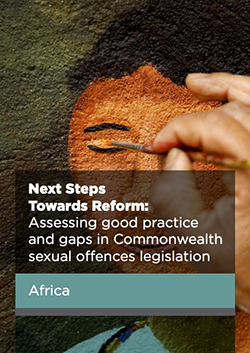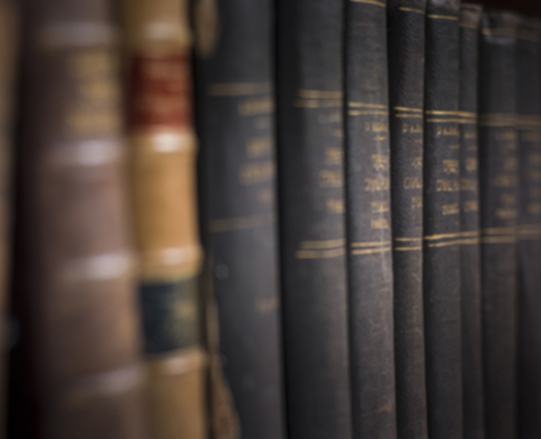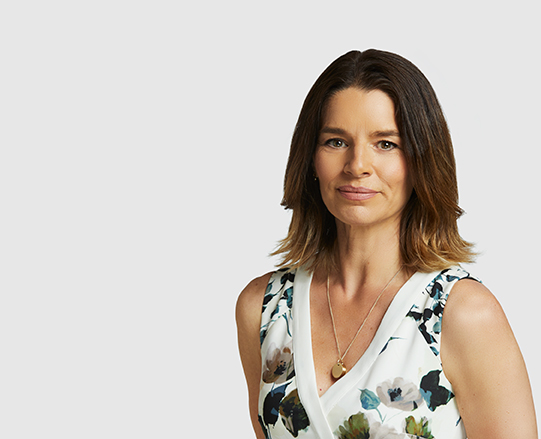2023
In August, the Addis Ababa Peace and Security Administration Bureau, a government body, said it was taking action “against institutions where homosexual acts are carried out”, such as hotels and other businesses, following tip-offs from the public.
“If there is any sympathy for those who commit and execute this abominable act that is hated by man and God, (the bureau) will continue to take action,” the city administration said in a post on Facebook on 4 August 2023.
The city’s police department launched a hotline for reporting “illegal activities that deviate from the law and social values”, which sparked fear among the LGBT community for a wave of arrests.
2021
ILGA World has found at least nine incidents of the criminalising provision being enforced, though these do not appear to have resulted in convictions. However, the inaccessibility of court documents, and the lack of disclosure of arrests from LGBT people due to societal stigma, means this is likely to be an underreporting of the true number.
2020
The US Department of State report for 2020 noted that there were no reports of people being incarcerated or prosecuted for engaging in consensual same-sex sexual activity. This was the same finding for all iterations for this report since 2015.
2019
ILGA World’s State-Sponsored Homophobia report quoted an Ethiopian human rights lawyer who claimed that no one had been charged or prosecuted under the law since its introduction in 2004.
2015
The US Department of State report highlighted that as many as a dozen people were incarcerated for allegedly engaging in same-sex sexual activity. No information is available as to whether these people were prosecuted.
2013
The US Department of State report found examples of LGBT individuals being placed under periodic detention, where they were interrogated and allegedly subjected to physical abuse.



